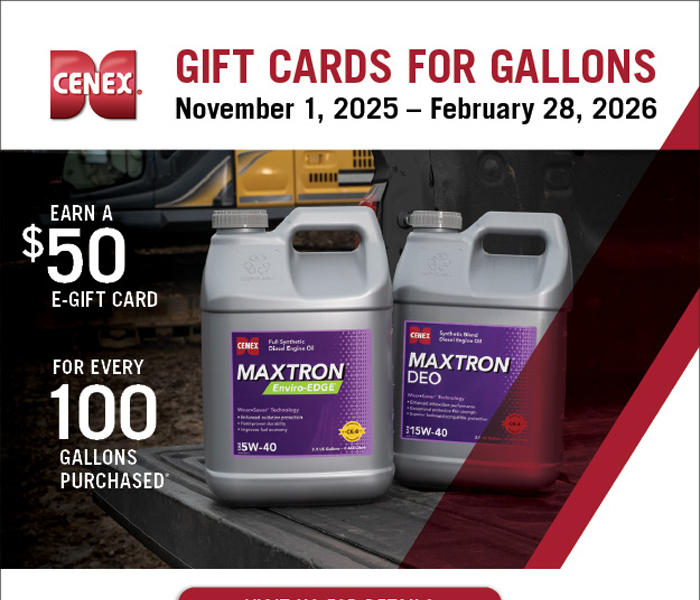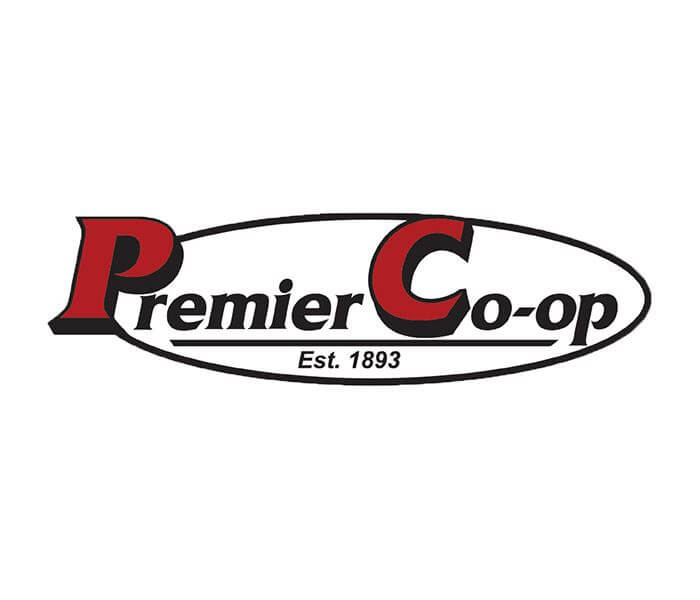Propane Autogas
With the unprecedented situation our world faces, we are all experiencing something new. While life has changed in many ways, the need to keep our organizations as efficient as possible remains.
More than anything, we’ve been given the gift of time. Time to look at our systems and procedures, time to reflect on what is making us more productive and what is doing just the opposite.
For organizations with fleets, Propane Autogas is a simple change that will positively affect your bottom line. Around for decades, propane Autogas has seen a recent resurgence in popularity due to it’s three main benefits: reducing maintenance costs, increasing fuel economy, and reducing harmful emissions. What was once a few novelty tractors or Schwan’s trucks is now an advanced and ever-improving industry, lending itself to the constant need of organizations- especially today- to keep operating costs low.
Propane Autogas challenges the norms of fuel as we know it. It burns clean, drastically eliminating particulate matter in the engine and the emissions. This means a longer usable lifetime, less time in the shop and more time as a productive asset. During our Wisconsin winters, it doesn’t gel like diesel, making for a quick start without the hassle.
While the mechanical advantages speak for themselves, the best thing about propane Autogas is the cost savings. Nearly half the price of diesel and gas, propane Autogas emerges as a smart financial decision, allowing organizations to realize large cost savings from the very start.
Request a consultation below to learn more about how propane autogas can help your organization. Not ready for a consultation? Visit premiercooperative.com/propaneautogas for more information.
Addison Arndt
Certified Energy Specialist




